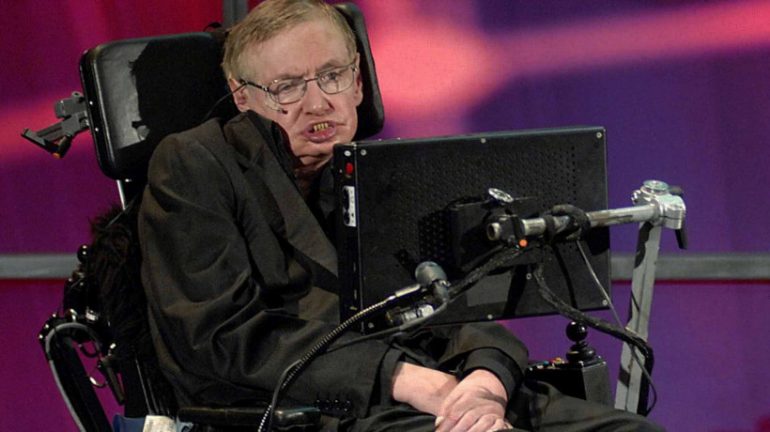Stephen Hawking has undoubtedly shaken up world views with his ideas of life as we know it: future, present, past. Most of his thoughts, nonetheless, seem to offer overwhelmingly dark warnings.
This past Wednesday, the famous physicist spoke at Cambridge University’s new Leverhulme Center for the Future of Intelligence. During his lecture, he made the bold claim that the creation of artificial intelligence will be “either the best, or the worst thing, ever to happen to humanity.”
The new Leverhulme Center of the Future of Intelligence brings together the many genius minds of science to answer questions relating to the future of robots and artificial intelligence. Hawking believes such a focus matters to our future, and is something we must direct much more energy toward.
“We spend a great deal of time studying history,” Hawking explained, “which, let’s face it, is mostly the history of stupidity.” Yet, while past errors show us the dangers of our continued stagnation, the same mistakes occur over and over again. “So it’s a welcome change that people are studying instead the future of intelligence,” he noted.
And while Hawking believes the focus of our time has been pointless, he believes that by creating intelligence, we are allowing our world to begin focusing on the beauty, potential, and excitement of the (hopefully) positive unknown. “Perhaps with the tools of this new technological revolution, we will be able to undo some of the damage done to the natural world by the last one — industrialization,” he explained. “And surely we will aim to finally eradicate disease and poverty.”
Last year, Hawking pricked at the lack of knowledge about and the urgency of artificial intelligence when he joined Elon Musk and various other experts in writing an open letter calling for governments to ban autonomous weapons that could eventually turn against humans. He’s evensaid in the past that “the development of full artificial intelligence could spell the end of the human race.”
His hope, however, is that if we consider and address these issues now, there still remains the possibility for technology to turn its head for the better. “We cannot predict what we might achieve when our own minds are amplified by AI,” he said.
Hawking is also a professor at the Leverhulme Center for the Future of Intelligence, which has garnered over $12 million in grants to run research projects focused on enhancing the future of artificial intelligence, while also carefully considering proposed risks, like climate change and war, and machines that may think and learn like humans.
“Machine intelligence will be one of the defining themes of our century, and the challenges of ensuring that we make good use of its opportunities are ones we all face together,” explained director of the Leverhulme Center, Huw Price. “At present, however, we have barely begun to consider its ramifications, good or bad.”
Artificial intelligence, which once seemed to the masses to be mere fantasy, is no longer out of reach. Google has already created AI that has the ability to learn from its own memory, while Elon Musk has posed concerns over humans becoming dumb “house pets” of AI in the future, and computer systems are currently competing with four-year-olds in IQ tests.
Hawking calls AI “crucial to the future of our civilization and our species.”
Credits: Collective-Evolution.










artificial intelligence is the last thing we need. intelligence, based on the human model will be the cause of our total destruction, if it is fully developed.
We are, the artificial intelligence.